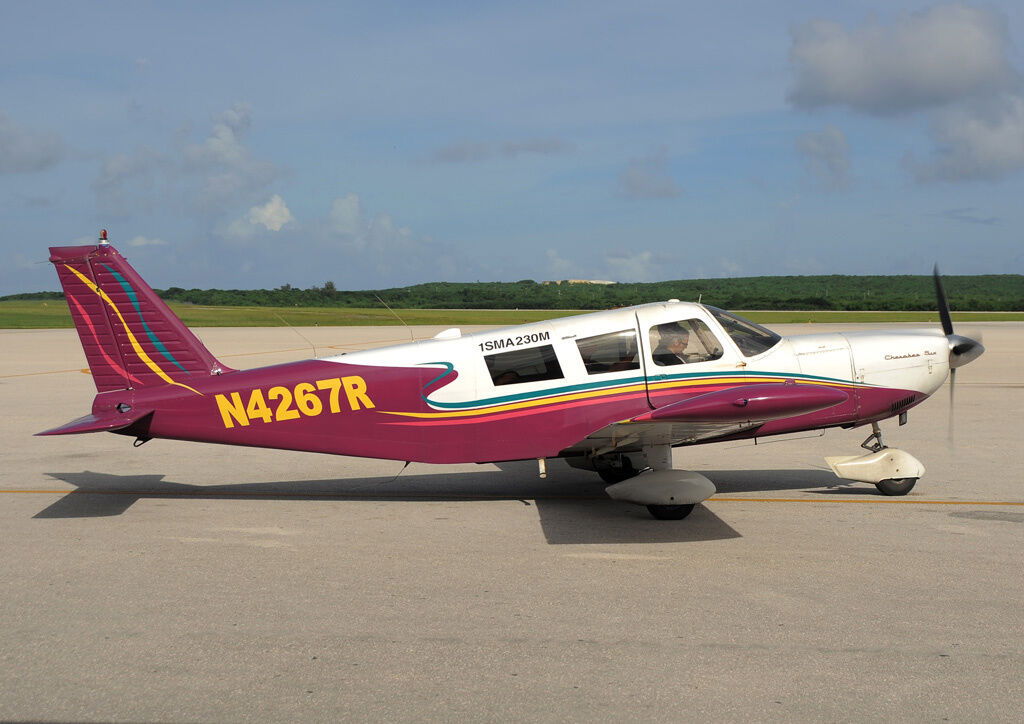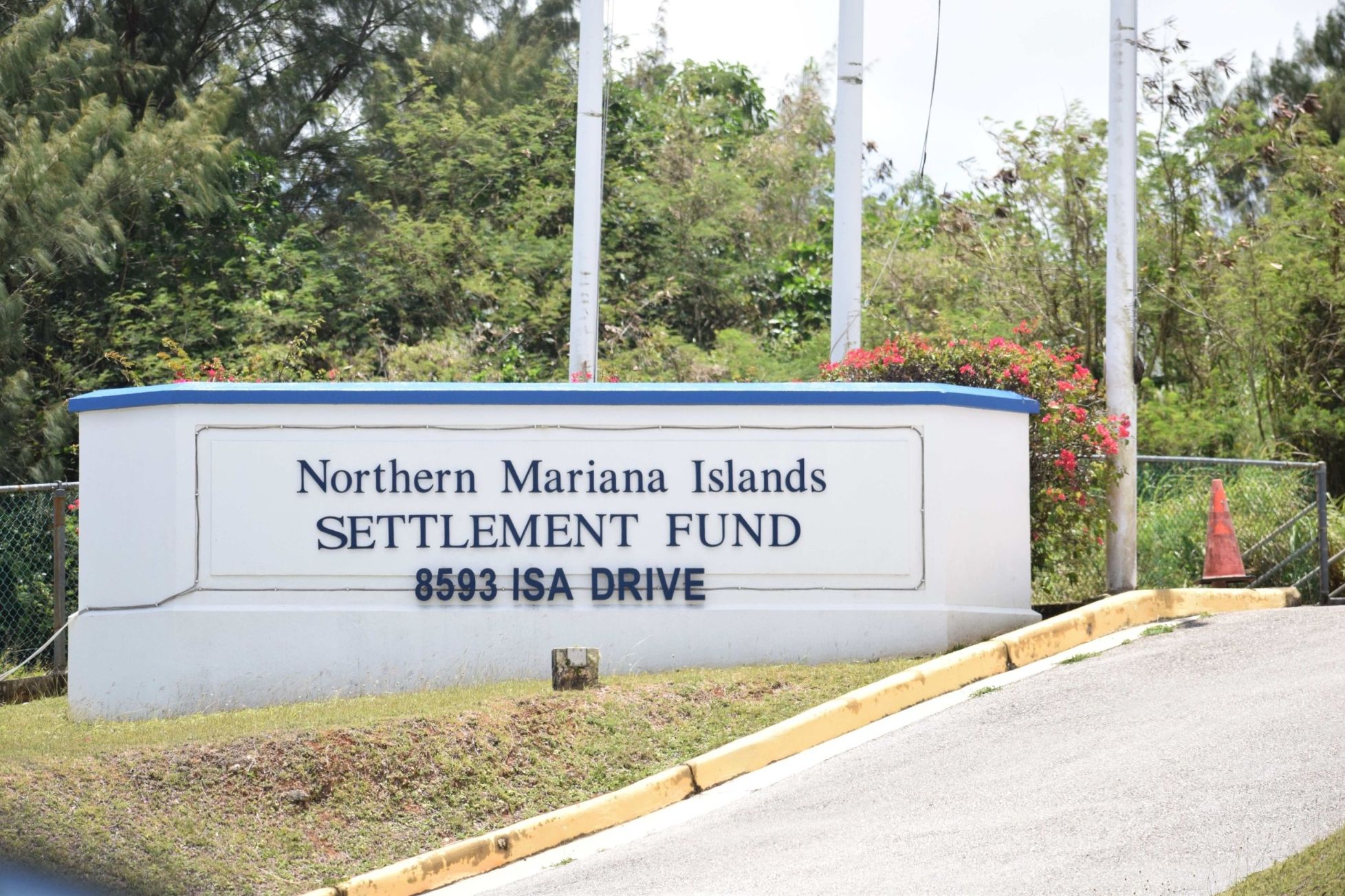STAR Marianas in a statement on Tuesday said interfering with business decisions regarding fare price policies is not within the Commonwealth Ports Authority’s scope or function, “and is contrary to federal law.”
Star Marianas president Shaun R. Christian issued a statement in response to CPA Chairwoman Kimberlyn King-Hinds’ reaction to the recent fare increase announcement made by Star Marianas. “It’s unfortunate, disappointing, and mind-boggling that Star Marianas would raise fares at this time,” she said.
Effective Aug. 1, Star Marianas will increase its airfare. The fare for flights between Saipan and Tinian will increase to $60 from $55 while the fare for flights between Saipan and Rota will rise to $135 from $125.
In a statement, Star Marianas said the Airline Deregulation Act of 1978 prohibits state and local governments, including CPA, from regulating or interfering with the price, routes, or services of an air carrier. Even the U.S. Department of Transportation, Star Marianas said, “does not dictate to Star Marianas or any other air carrier, what fares should be charged to its customers.”
“Therefore, if…CPA is attempting to interfere with Star’s business decisions with regard to STAR’s pricing policies, it is clearly not within the scope or function of…CPA’s responsibilities and is contrary to federal law,” the airline company said.
According to Star Marianas, it “reluctantly now feels compelled to respond in order to educate…CPA and hopefully have [its board] chair focus on the matters that…CPA is responsible for.”
“First and most importantly,” Star Marianas states, “CPA has absolutely no aviation regulatory authority at all. Aviation safety is the function of the Federal Aviation Administration and the U.S. Department of Transportation has the responsibility for ensuring air carriers have proper management, sufficient economic backing, and have not been involved in regulatory non-compliance.”
Star Marianas said the purpose of CPA is to ensure that the airports it is responsible for, are maintained in compliance with 14 Code of Federal Regulations 139.
Star Marianas said CPA is required to maintain the airports that have scheduled passenger service in compliance with the FAA’s requirements.
In order for CPA to meet the requirements in 14 CFR 139, the FAA provides grants to CPA under the authority of the Airport Improvement Act.
In certain cases, Star Marianas said CPA may be eligible to collect Passenger Facility Charges or PFC to pay for costs that exceed the amounts provided by the FAA grants.
The PFC program is administered under the rules in 14 CFR 158 and both CPA and the FAA have certain responsibilities to ensure that the public is not overcharged under the PFC program, Star Marianas stated.
“According to an independent audit performed by Deloitte & Touche, CPA overcharged the public, including the travelers from Rota and Tinian, more than $2 million and has yet to provide proper notice to stop assessing Tinian and Rota customers,” Star Marianas stated. “In fact, despite the [CPA board] chair’s comments about suspending those fees, CPA accepted, and deposited, PFC collected by STAR on behalf of CPA for every month including through June 30, 2021,” Star Marianas added.
The air carrier said it does not operate aircraft with more than nine passenger seats, and therefore it does not require any of the services CPA is required to provide under its obligations to the FAA that are specified in 14 CFR 139.
Star Marianas said the only relationship between them and CPA is that Star Marianas is a tenant and CPA is the landlord.
The tenant’s and landlord’s obligations are detailed in the Airport Use Agreement or AUA. “CPA’s continued disregard in meeting its requirements are currently being litigated by Star Marianas because…CPA refuses to comply with its obligations in Section 7 of the AUA,” Star Marianas said.
“There are no provisions in the AUA that allow CPA to unilaterally charge fees or waive fees. There are also no provisions in 14 CFR 158 that allow CPA to unilaterally assess or waive PFC’s. However, the CPA chair continues to demonstrate a lack of knowledge of CPA’s responsibilities and substantiates Star Marianas’ contentions that intervention is required by either judicial or federal authority to bring CPA into compliance,” Star Marianas said.
In December 2020, Star Marianas filed a complaint alleging breach of contract against CPA. Star Marianas also alleged that CPA imposed “excessive charges not based on fair market value.”












